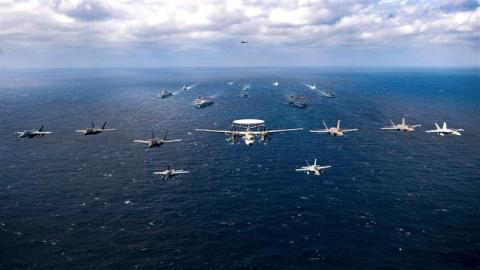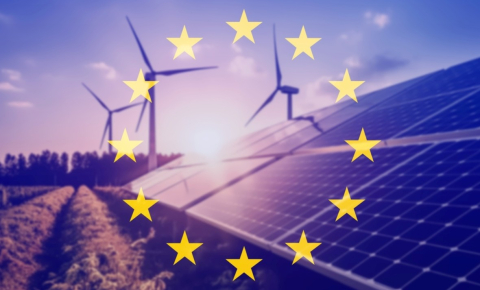Global gas market trends and the role of gas in the European energy transition

Practical information
There is a sustained global demand growth for gas. Ample production and large investments into LNG export infrastructures in Australia and the USA and into receiving terminals all over the world are boosting trade, supported by lower prices and more flexible supplies. Emerging economies have been increasing gas demand and LNG imports, yet gas will have to find its way in these markets where coal strongly dominates power generation and renewable energy sources are strong competitors.
Europe remains dominantly supplied by pipeline gas, mainly from Russia and gas supply security concerns have eased. The attention has increasingly shifted towards a fundamental discussion about the role of gas in the context of decarbonizing energy systems, which is critical as gas is a very capital intensive industry that requires clear policy signals. While the role of gas in Europe is expected to remain steady in the medium-term, this fundamental, longer-term issue for the industry and policy makers remains to be clearly addressed.

This energy breakfast aims at taking stock of recent global gas market trends, with a focus on investments and their implications and discussing opportunities and challenges to the current and longer term role of gas in the European energy and power generation mix. The proposed discussion comes at a critical time for the EU energy policy agenda: coal fired power generation is expected to progressively decline and power markets require flexibility, climate policy instruments, electricity and gas market regulation as well as transport policies, where gas has a growing role to play, are being adjusted or reshaped; and “green gas” and hydrogen, alongside batteries, electric vehicles and CCS are emerging as possible new tools for the European energy transition.
The energy breakfast will start with presentations from the distinguished speakers and will end with a broad discussion with the audience.
Moderator: Marc-Antoine Eyl-Mazzega, Directeur, Centre Energie, Ifri
Speakers:
- Global gas markets, investments and medium term perspectives
Laszlo Varro, Chief Economist, International Energy Agency
- The future of gas demand in the European energy transition
Sylvie Cornot Gandolphe, Associate Research Fellow, Ifri
- Developments and opportunities for gas in Europe – an industry perspective
Fabrice Noilhan, Senior Executive Vice-President, Gaz, EDF
Other events
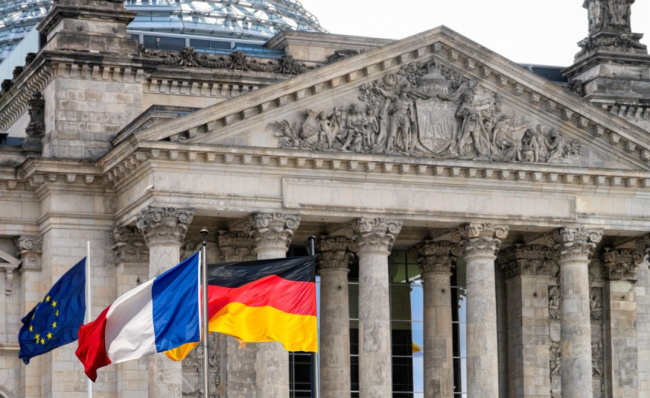
France-Germany, The Engine Under Pressure
Annual Conference of The Study Committe on Franco-German Relations (Cerfa) ─ Faced with a profoundly disrupted strategic and economic environment, Franco-German cooperation is more than ever the central pillar of Europe's future. The war in Ukraine, energy and technological dependence, and uncertainty about the strength of the transatlantic ties require urgent deepening of European sovereignty, both in terms of defence and economic and industrial competitiveness.
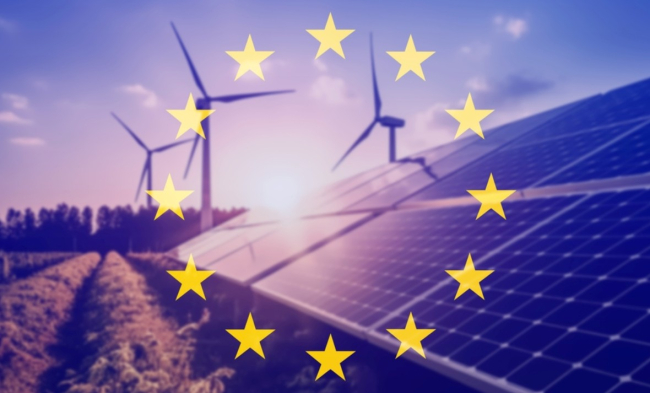
European Strategic Autonomy or New Dependence? Russian Gas, Transatlantic Pressures, and the Green Deal
European energy policy sits at the fault line of geopolitical conflict, climate obligations, and transatlantic bargaining. While Hungary, Slovakia and others remain heavily reliant on Russian gas, the EU has sought to harden its stance through sanctions -most recently with Ursula von der Leyen’s announcement of a ban on Russian LNG imports in the 19th package.
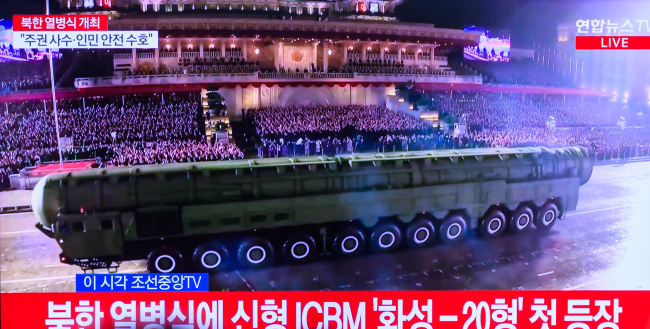
The New Nuclear Instabilities on the Korean Peninsula
From the growing size and diversification of the North Korean nuclear arsenal, and an open rhetoric in favor of nuclear proliferation in the South because of the loss of credibility of U.S. extended deterrence, the Peninsula is facing raising nuclear tensions.





